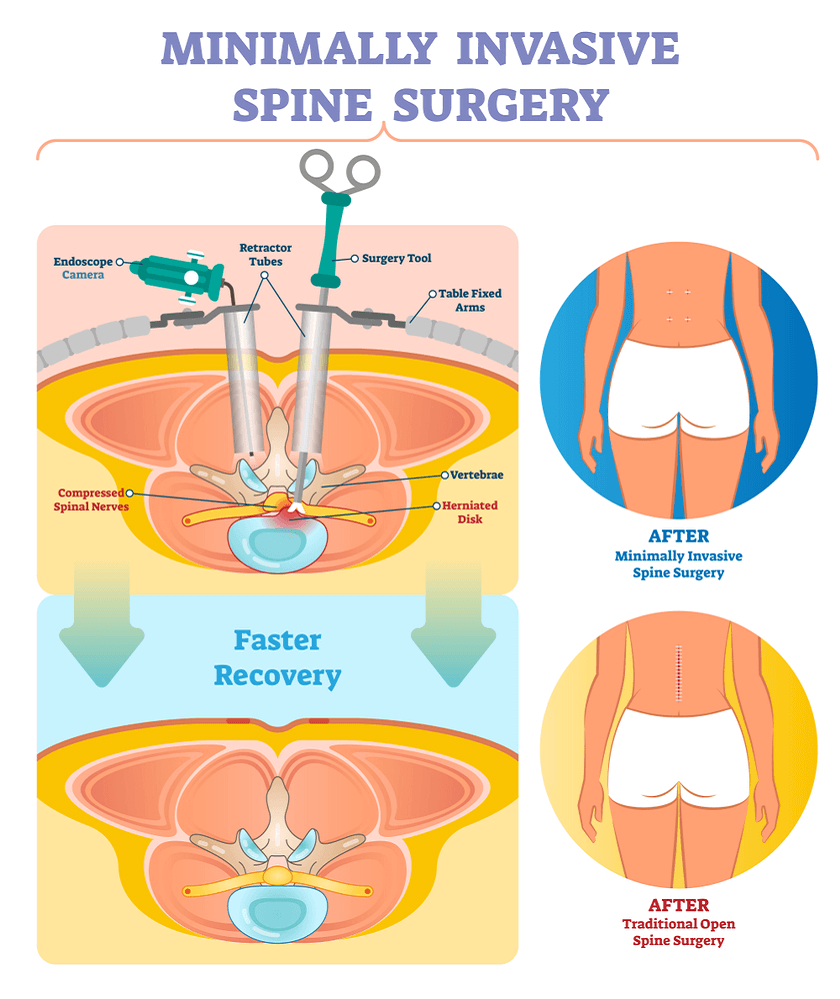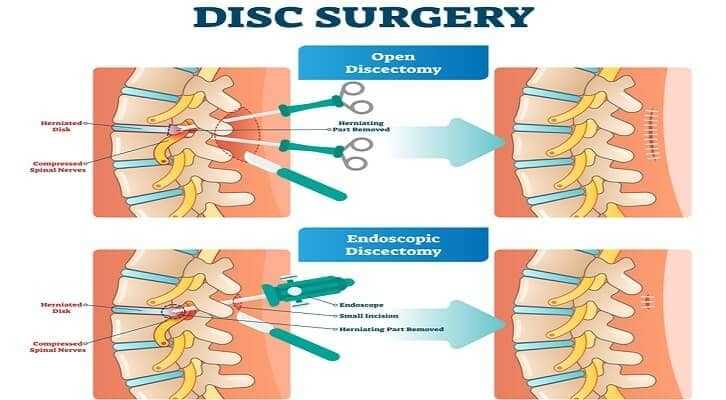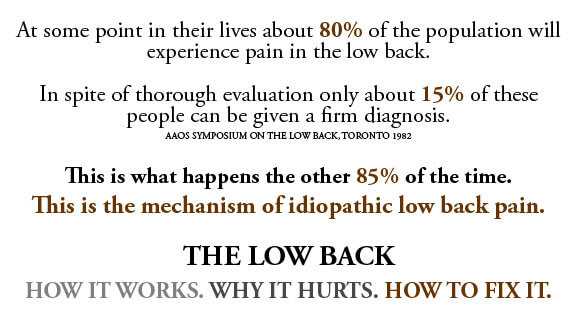Spinal Surgeons – Should You Go Under The Knife?

Spinal Surgeons – The Last Resort
Truth be told, the last option that everyone should consider as treatment for lower back pain is going to spinal surgeons for a back operation. Even most doctors would agree that every back pain patient should first exhaust all conservative – and even some alternative and complementary – forms of treatment before going under the scalpel. Indeed, majority of studies have shown that most cases of back pain, including persistent or some severe pain, either resolve on their own or could be managed adequately without surgical intervention.
Indications and Complications
There are only a few indications for spinal surgery, foremost of which are treatment of traumatic injuries to the spine or the existence of symptoms of progressive neurological dysfunction (like loss of bladder and bowel function as in cases of “cauda equina syndrome“).

The reason for this is because there are just too many possible complications that might occur with surgery, both major operations and minimally-invasive surgeries. Some of the complications that might develop during surgery are bleeding, infection, tears in the dura, and nerve root damage. Worse, there is no absolute guarantee that the pain would go away with surgery. There are a number of cases of patients who have developed “Failed Back Syndrome”, wherein their back pain persisted or became worse following surgical intervention. Sadly, most Failed Back Syndrome patients are even more difficult to treat.

Spinal Surgeons – How to choose a good one?
For some patients with a low pain tolerance and in whom all conservative modes of treatment have failed to resolve their back pain, surgery is definitely the most appealing option for them. But, how sure are you that the surgeon who’ll be operating on your back is the right one?

The first thing to do is to get referrals from your family physician. Most doctors belong to a team, so they would most likely have a surgeon in mind. The best surgeon for back surgery is one who has specialized training in orthopedic spinal surgery. There are no such doctors as strictly “spinal stenosis surgeons” or other highly specialized surgeries. All orthopedic surgical specialists should be trained in all the back surgery techniques.
Next, consult with the surgeon. Make sure you have a list of questions on hand for him or her to answer. Ask about complications and prognosis after surgery. Legitimate surgeons should outline the treatment plan, explain all possible complications and outcomes of surgery. Be wary if the surgeon promises “complete cure” using “techniques” that only he or she has developed.

After making a consultation, it is strongly advisable to check the surgeon’s credentials, background and experience. One good way of doing this is by talking to the doctor’s other patients while in the lobby waiting for your appointment. Another way is by making inquiries with the medical and surgical organizations in your area.
Finding the best Spinal Surgeons…
Always make sure that you get a second or third opinion. This way, you could find a doctor to whom you can entrust your well-being.
For patients who have been advised to go under endoscopic spinal procedures, the International Society for Minimal Intervention in Spinal Surgery (ISMISS) and the International Society of Orthopedic Surgery and Traumatology (SICOT) have a few more recommendations. The endoscopic surgeon should have considerable prior experience in traditional spinal surgery techniques. This would allow for less errors on the operating table, including operating on the wrong level of the spine. Also, in the event that the problematic area to be treated could not be adequately operated on via the endoscopic approach (requiring only a small incision), he or she should be able to switch to performing major surgery.

Spinal surgeons could be the last hope of lower back pain patients in finding relief from their aches and pains, but they should be competent in their field to ensure the overall well-being of the patients under their care.





